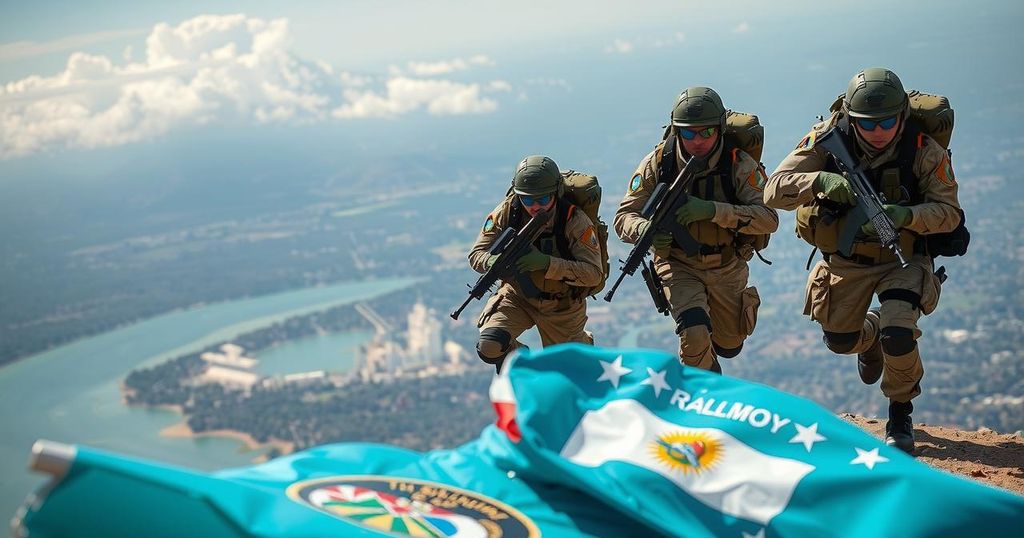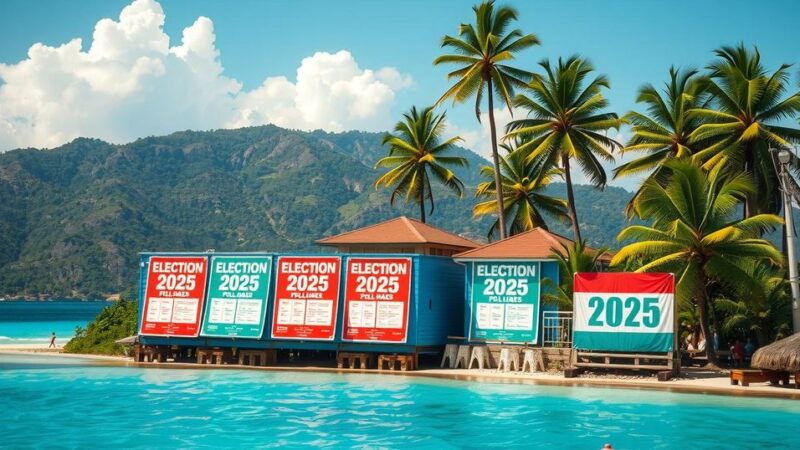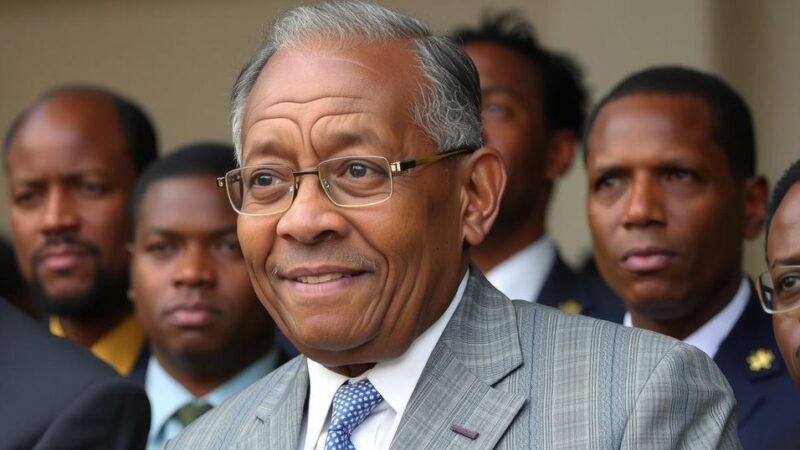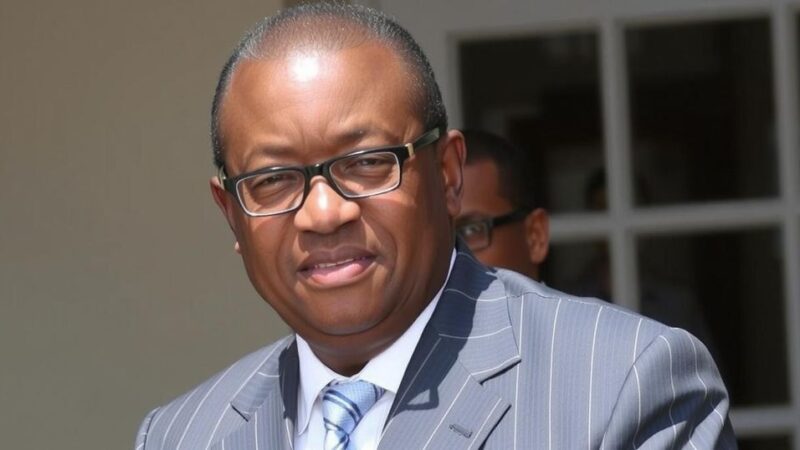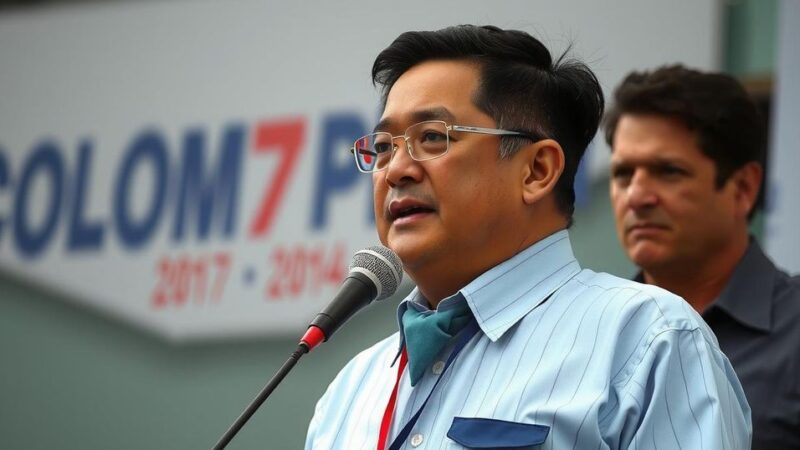Guatemalan and Salvadoran troops recently arrived in Haiti as part of a UN-backed multinational security mission. This development follows the UN Security Council’s discussions portraying Haiti’s issues as predominantly stemming from gang violence. In reality, Haiti continues to face economic hardships fueled by neocolonial exploitation and environmental disasters. The Haitian people are responding with calls for self-determination and rejecting foreign interventions that threaten national sovereignty.
In early January 2024, Guatemalan and Salvadoran military personnel were deployed to Haiti as part of an extended multinational security effort sanctioned by the United Nations. This decision followed a meeting convened by the UN Security Council, which discussed the necessity of escalating military support for Haiti. Miroslav Jenča, a senior UN official, compounded existing stereotypes regarding violence in Haiti, labeling it rampant gang activity that purportedly undermines state authority. However, such narratives obscure the historical and systematic issues wrought by imperialism and colonization in Haiti since its independence in 1804.
On January 3, troops arrived on Haitian soil, formally received by members of Haiti’s transitional government and U.S. officials. This initial contingent consists of 75 Guatemalan officers and eight Salvadoran personnel, anticipated to be part of a larger foreign occupation set to increase throughout the month. Duplicity pervades the welcoming narrative that presents these foreign forces as peacekeepers; such portrayals stand in stark contrast to the reality faced by ordinary Haitians who contend with systemic poverty, exploitation, and environmental devastation.
Economic hardships manifest starkly with soaring prices of essential goods amidst paltry wages, exacerbated by the neocolonial extraction of resources by foreign corporations largely unaccountable to the Haitian populace. Moreover, severe flooding and environmental crises have increasingly afflicted the nation, displacing thousands without adequate governmental intervention or support. Despite ongoing adversity, the Haitian population resolutely expresses resistance through calls for true democratic processes, an end to foreign occupiers, and recognition of their autonomy. The historical legacy of Haitian resistance imbues current movements demanding to expunge foreign influence while reclaiming their national integrity.
Haiti, a nation with a rich history of revolution and resilience, has frequently grappled with external interventions that undermine its sovereignty. In the present state, the UN and the U.S. government have backed a transitional government struggling with widespread violence and socio-economic crises. The narrative of crisis has often been inflated to justify increased foreign military presence. The intersection of poverty, environmental disasters, and foreign exploitation has reached a critical juncture, prompting international discourse on appropriate responses and the urgent need for Haitian-led solutions. The socio-economic context of Haiti, marked by oppressive wage conditions and skyrocketing prices for basic goods, contrasts sharply with foreign interests profiting at the expense of the local population’s welfare.
The recent deployment of troops from Guatemala and El Salvador to Haiti highlights the ongoing security crisis and external intervention in the island nation’s sovereignty. The ramifications of such occupations, rooted in historical exploitation and imperialism, compound the struggles faced by Haitians in their quest for self-determination, economic justice, and environmental sustainability. The unified voice of the people, demanding an end to foreign interference, reflects a profound commitment to democratic restoration and a better future for the nation. It is imperative for international solidarity movements to heed the calls for dignity and autonomy emanating from Haiti, aligning with the spirit of historical resistance against oppressive regimes.
Original Source: www.liberationnews.org

